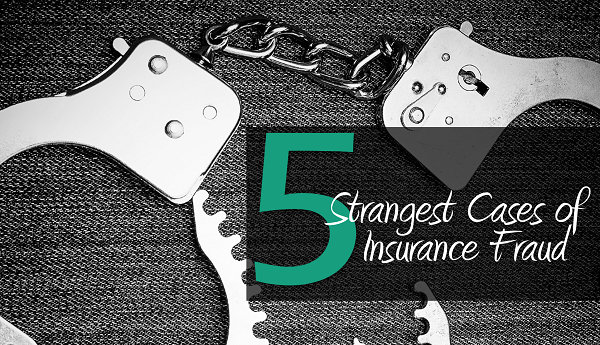Content insurance protects your personal property when you rent an apartment, a condominium, or a home. The owner of the property is responsible for insuring the building itself and any appliances or fixtures provided to you as a renter. But, unless you buy contents or renter’s insurance, you will not have protection for damages or loss of your personal possessions.
What will Content Insurance cover?
As a renter, you need coverage for your personal property and liability protection if you’re responsible for injury to someone else. Content insurance pays for damage to, or the loss of, your personal possessions that are located within your residence. Some policies will also cover your personal possessions, such as laptops or golf clubs that you might have in your car. A renter’s policy will also include liability coverage for injuries. For example, if your dog bites your neighbor, you might need liability coverage.
Saving Money on Content Insurance
- Buy only as much coverage as you really need. Content coverage is for the actual replacement cost or your property’s actual cash value, not what you think it is worth. For example, a “priceless” family heirloom may have deep sentimental value, but your insurance will only pay for the cost to repair or replace it. Unfortunately, not all items can be replaced.
- Consider higher deductibles. If you are willing to accept responsibility for a larger part of each loss, your insurance premium will be lower.
- Reduce your risk. A sprinkler system or alarm system will reduce rates for most policies. And, if you have a dog that’s considered a “dangerous breed,” be aware that you may pay more.
- Ask for a discount on your auto insurance. Many auto insurers will give you a 5 or 10% discount on your car insurance when you insure your home or apartment with them. It’s worth it to check!
Complete a Home Inventory today
You’ll be surprised at what you have. A home inventory is the best way to document your personal property. Digital pictures or a quick video of each room and closet will help you get the most from your insurance policy if you ever have a loss.
If you would like to find out more about home contents insurance, please feel free to contact our office.

